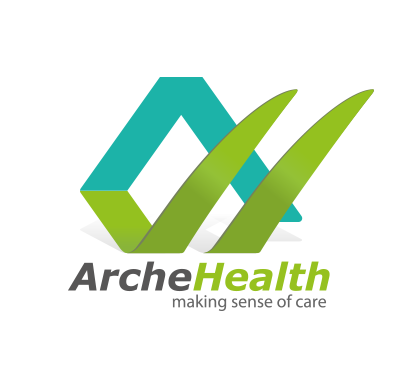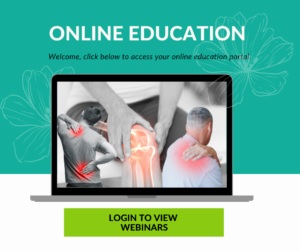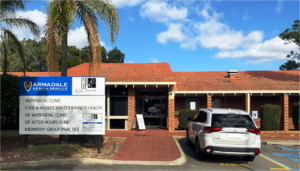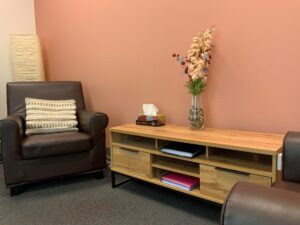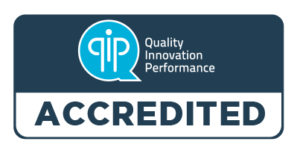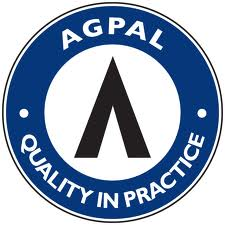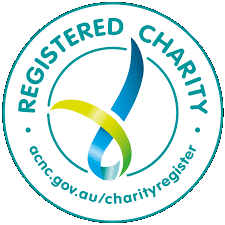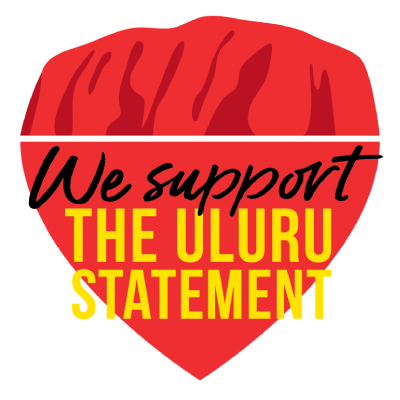Turning Pain into Gain 
Persistent Pain is a considerable and ever growing public health issues. One in five Australians live with persistent pain including adolescents and children. This prevalence rises to one in three for people over the age of 65. Untreated, this can lead to significant disability. When pain lasts longer than three months, things need to change. Medicines are no longer as helpful as they once were, and in some situations can be quite harmful. We now know that effective management options are based on knowledge of how pain works in the body and on your personal situation. One in five GP consultations involves a patient with persistent/chronic pain and 10% report severe persistent pain. Early intervention and adoption of evidence-based treatments that provide access to effective pain assessment, prevention, self-management and non-pharmacological pain management can half the physical, emotional and economic cost burden of persistent pain in our community estimated to be around $34 Billion in Australia.
The Persistent Pain Program – Turning pain into Gain is a community based multidisciplinary initiative that offers specialised Allied Health support in partnership with your regular GP providing access to assessment and treatment of persistent pain. Below is a short video that describes the service model.
Credits: Joyce McSwan – Managing Dircetor, PainWISE Pty Ltd.
Eligibility
Patients can be referred if:
- Patient has persistent pain which has lasted for more than 3-6 months.
- Be at least 16 years of age.
- Patient is not suitable for surgical or urgent pain specialist intervention.
- Patient requires improved self-management strategies and skills to optimise their ongoing care.
- Patient is able to participate in group education and/or online.
- Have an English language capacity sufficient to understand the written and verbal materials being presented.
- Be able to give voluntary, informed consent for the ongoing collection of clinical audit data.
Exclusion criteria: palliative cancer pain, unstable mental health condition, incarcerated patients or patients already receiving intervention from a pain specialist. Some exceptions may apply.
Program Resources
For most people with persistent pain, it is best to have your GP helping you to manage your pain. This is because many of the things that help the most are things you can control yourself with good support from a health care team. There are two main parts of managing your pain through the persistent pain program:
- Understanding pain and what you can do to make a difference
- Learning ways to improve your ability to do your daily tasks
The program consist of multiple components carefully tailored to meet client needs. This includes individual clinical facilitation to develop and case manage a pain plan with patients usual GP and other healthcare teams. This is complemented by a serious of individual allied health consultations and face-to-face/online group education.
The education program can run two-hours monthly – The group education sessions can take months to complete or you can access them online as well. This aims to help you learn a range of skills that can help you make positive changes in your life. The topics all discuss ways that our lifestyle impacts on pain. The topics are:
![]() Topic 1: Knowing Pain: Understanding Pain
Topic 1: Knowing Pain: Understanding Pain
![]() Topic 3: Medical Investigations and Moving with Ease
Topic 3: Medical Investigations and Moving with Ease
![]() Topic 6: Thoughts and Emotions
Topic 6: Thoughts and Emotions
You can also access the online education plus additional resources through our e-learning portal.
You will also learn how to set goals and plan to meet them as well as how you can plan for the difficult days.
The program does not seek to cure or eliminate pain but instead aims to help you improve your ability to live well despite the pain. The program does not provide pain specialists or surgical services.
The program is free for participants, however your GP is required to arrange both a GPMP (721) and TCA (item 723) for you to have access to individual Allied Health services on the Medicare Benefits schedule. Eligible patients can claim a maximum of five (5) Allied Health Services per calendar year.
For more information about the program please contact the program coordinator on (08) 9458 0545 and fax referrals to (08) 9458 0555 or email to ppp@archehealth.com.au.
Referral Process
Referrals can be made by GP, Allied Health Professionals.
- Referral Form [Docx]
- PPP Brochure 2023
- Program Guide
- Allied Health Services Under Medicare Referral Form
- Once the referral form is completed, fax a copy to (08) 9458 0555. For all other referral enquiries email us on ppp@archehealth.com.au
This program is supported by funding from the Australian Government through the WA Primary Health Alliance (WAPHA).
